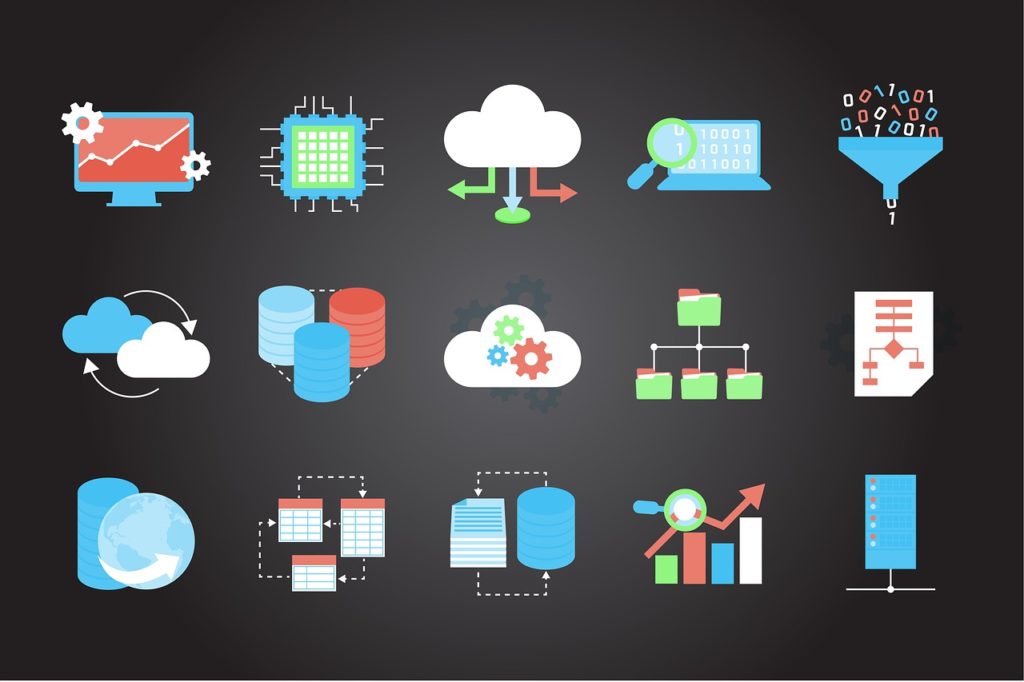The Internet is under a constant state of change. From an open and welcoming place of tech innovation, to a wild frontier of the best and worst that humanity has to offer, there are reasons to identify yourself and reasons to remain anonymous.
For the average user of the modern Internet, the choice often comes down to shopping and getting access to the content you want or need. Here are a few details about how the Internet can change depending on how you identify yourself.
Sneaking Around Even Sneakier Price Changes

Are you trying to book a flight, hotel, or other reservation? Are you looking for the latest electronics or hot new clothing for your latest style?
To most shoppers, online shopping seems like any other kind of shopping trip. Hunt sales, look for the best price, and get the best deal you can.
Unfortunately, there are a lot of tricks that online shops can pull on unsuspecting shoppers. It’s an old trick by now, but spotting sudden price changes can be hard if you don’t have the right tools available.
Have you ever looked at a product and service with a specific price, only to see the price change a few hours or even minutes later? The most annoying price hikes happen in the shopping cart and can come with a lot of plausible excuses, but it’s not difficult to change the price on the product page itself.
Why would a shop do this? Surely, someone would catch on and report the issue to either authorities or other shoppers.
For many shops, there isn’t much reputation to lose by changing prices in subtle, seemingly market-driven ways. When a person visits a website, their user data can signal a website to preserve a price if they buy immediately, or hike the price over a certain amount of time.
User data comes in many forms. The most basic user data types are IP addresses (the numbers that identify your computer on the Internet) or the cookie files that define you as a website user can be used to build a sort of profile about how you use the website.
From there, website designers and managers can implement any type of plan they can figure out. Maybe they want to increase your prices if you don’t buy after a certain amount of time. Maybe they’ll increase the price if you click the link a certain amount of times, or if you seem to be leaving it in the cart and leaving the website.
A single business may even own multiple websites and may decide to trap you into a purchase by increasing prices on some sites, but not others.
Some theories may be paranoia, but it’s no secret that clearing your cookies can defeat some of the more basic shop manipulation methods.
There’s an even easier way to shop without constantly clearing cookies, and the method can protect you against more advanced tracking techniques. You need to be anonymous, randomized, or at the very least masked from your shop.
An anonymous VPN (Virtual Private Network) can do the job. A VPN hides your Internet activity through layers of routing, data hiding, and other security techniques that can either make you look like a different user as you shop.
In some situations, your identity will be too difficult for a site’s system to catalog at all. Although this can cause problems with sites that use cookies to make the site work properly, a modern VPN can be turned on, off, or altered with advanced features to give you security and site functionality.
Whether it’s a technical error or a violation of your rights, a VPN can help by masking your data once again. Contact a TorGuard VPN and proxy browsing professional to discuss the technology and options available to take control of your web browsing once again.
Region-Blocked Sites Are Blocked No More with VPN

Just as a VPN can hide–or at least obscure–your internet presence from some shops, you can get around certain Internet barriers that keep you from the content you want to see.
Some countries implement region blocking technology designed to keep others out. Japan, for example, blocks a lot of Japanese animated content from being viewed by outsiders because their international partners need to make money on Internet traffic in their own languages and cultures.
In an extension of copyright law, a Japanese business will give specific companies–or their own international subsidiaries–the rights to share their content when it’s translated and the market is ready.
This can also protect small companies from being overwhelmed by resource-intensive, expensive, international traffic that may not bring in revenue without a responsible Internet partner. If you need that content now, a VPN is for you.
A VPN can help you view content restricted to a specific region of the world by escorting you across the Internet with a special IP address. To the Japanese website, you’re just a Japanese IP address.
Some countries want to keep Internet users inside the country. In some cases, it may be a human rights violation that stops citizens from seeing the Internet of the outside world. In other situations, it may be a legal firewall or Internet block that is working too well, which can block useful sites and Internet resources because of a mistake.
A VPN can add a layer of privacy and security to your Internet experience. If this sounds like something you need, get more information and decide for yourself.
Author: Jane Brown















